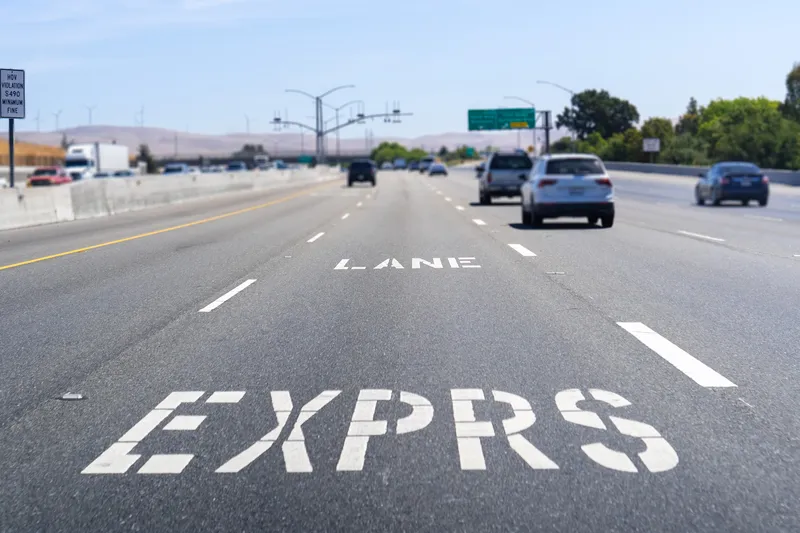
Justine Johnson is to join the US state of Michigan's Office of Future Mobility and Electrification (OFME) as chief mobility officer.
Governor Gretchen Whitmer announced the appointment, which is effective 21 August.
She succeeds Kathryn Snorrason as interim chief mobility officer and Trevor Pawl, who was the first ever to take the role.
OFME was formed in 2020, and says it has facilitated more than $485m in mobility-focused revenue and initiated $163.5m in follow-on funding for local companies.
It works across state government, academia and private industry to develop Michigan’s mobility ecosystem, including the start-up and scale up of emerging technologies and businesses.
For instance, OFME launched the first state strategy for future mobility, the MI Future Mobility Plan, and custom-built the first roads in the US for driverless vehicles and for charging electric vehicles while they drive.
Whitmer says: “Under Justine’s leadership, we’ll continue to put the world on notice that if you seek a place to research, innovate, test and deploy the next generation of mobility technologies, we welcome you to make it in Michigan.”
Johnson adds: “We’re at a critical period in our nation’s history that requires a focus on people-centric mobility journeys, improving the distribution and movement of goods, and delivering a workforce that is prepared for future transportation and mobility jobs. Together, we will continue moving towards a future world where mobility innovation connects communities to housing, jobs, and economic prosperity for all.”
Johnson was board co-chair of BlackSpace Urbanist Collective and board chair of Urban Movement Labs.
At the Los Angeles County Aviation Commission she advised the Los Angeles County Board of Supervisors on the operations and development of the county’s five airports, and also served as the director of member engagement at the California Mobility Center (CMC).
She was also head of mobility engagement for the SoCal/south-west region at Ford Motor Company.
At the New York City Taxi & Limousine Commission, she worked on the Boro Taxi (or Green Taxi) programme, which created a new for-hire vehicle and driver classification.
“The appointment of Justine will allow her vast background and experience in the expansive mobility sector to shine as we continue efforts to create a stronger state economy through safer, more equitable and environmentally sound transportation for all Michigan residents,” said Susan Corbin, director of the Department of Labor and Economic Opportunity.










